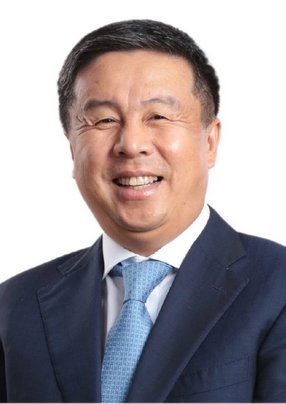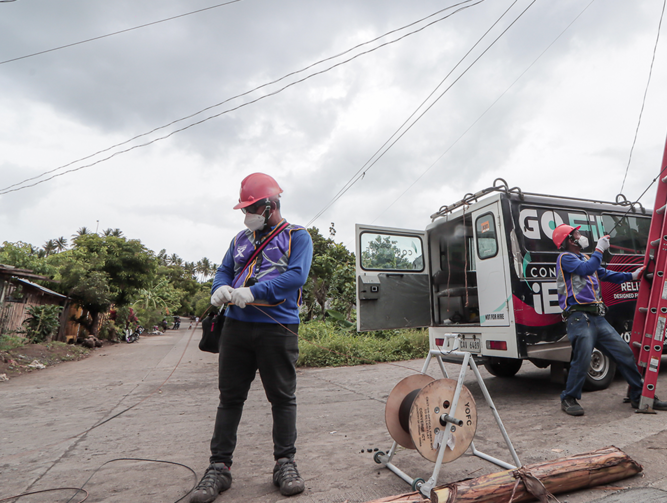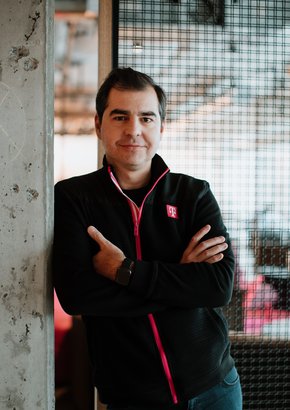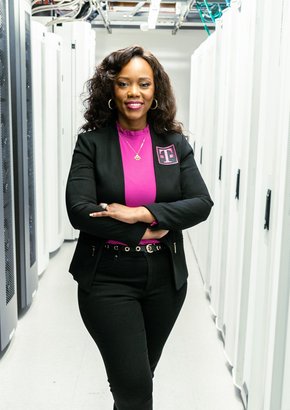
Dennis Anthony Uy
CEO and Co-Founder at Converge ICT

Since childhood, Dennis Anthony Uy has been ambitious.
His entrepreneurial drive started at an early age, with a Betamax and VHS rental business he started while still in high school. With his supply mostly in the capital city of Manila but his customer base in his home town in Pampanga, Uy would regularly shuttle back and forth between Manila and Pampanga - a distance of 88 kilometres - to replenish his supply.
Scaling up from movie tapes, he went into selling desktop computers and IT equipment, making the trip daily from his province to Manila after school to secure his supply, as his computer sales business grew.
Eventually, Uy’s continuing passion for electronics and gadgets would lead him to enter the cable television business through the Angeles City Cable Television Network (ACCTN), before he diversified into prepaid internet – through Comclark Network and Technology Corp., the parent company of Converge.
With the lack of necessary infrastructure like phone lines, Uy partnered with well-established telco PLDT for the lines, while he provided the servers and technology. Humbly situated in a small cubicle in PLDT that also housed his server, he began Instanet, the prepaid internet card. In less than a year, Instanet was available nationwide.
Again displaying his persistent spirit to venture into new technology spaces - a true futurist - he observed the dismal state of the Philippines’ internet speeds. Seeing this opportunity and having researched extensively, he sold all his machines and equipment and used the proceeds to undertake a regional expansion of his cable network. In 1996, he began installing fibre optics and expanded to other areas in Luzon. However, the ultimate goal was to make it to Metro Manila, and he partnered with cable provider Destiny Cable to enter the enterprise business.
Thanks to his frequent attendance to technology forums, Uy was able to study relevant innovations that he could bring to the Philippines. One such technology was micro-trenching, a fast and less disruptive process of creating a slot in the groundwork of an existing hard space to create a path for the installation and use of fibre optic cable lines.
Uy focused for the next several years on expanding his fibre network through ComClark until the birth and incorporation of Converge in Pampanga in 2007, which was only able to start operations in 2012 due to the long process of securing permits and obtaining regulatory approvals for operating in the capital.
In June 2012, Converge hit the ground running as it began fixed broadband internet operations. In 2013, it launched Fibre-to-the-Home fixed broadband services and entered Metro Manila, and Metroworks ICT Construction, Inc. was incorporated in 2013 to manage the network rollout.
Today, Converge is the largest high-speed fixed broadband operator in the Philippines, with a 52.1% household coverage across the Philippines as of June 2022.
As of March 2022, its subscriber base had reached over 1.8 million residential subscribers.
As the fastest growing fixed broadband operator in the Philippines, the company deployed approximately 6.5 million ports as of March 2022, and its nationwide network reached more than 12 million homes that same month.
Through Uy’s progressive and forward-looking mindset, Converge is already ahead of the curve. For years, there has been underinvestment in fixed broadband infrastructure by larger telecommunication operators whose primary focus has been mobile and wireless, rather than fixed broadband.
Mr. Uy often describes the Philippine fixed broadband market as a ‘blue ocean’, with connectivity needs still underserved and still teeming with opportunities. For Converge and its chief executive, this market is ripe for the taking for those who dare to dream big.
Read the full story HERE








